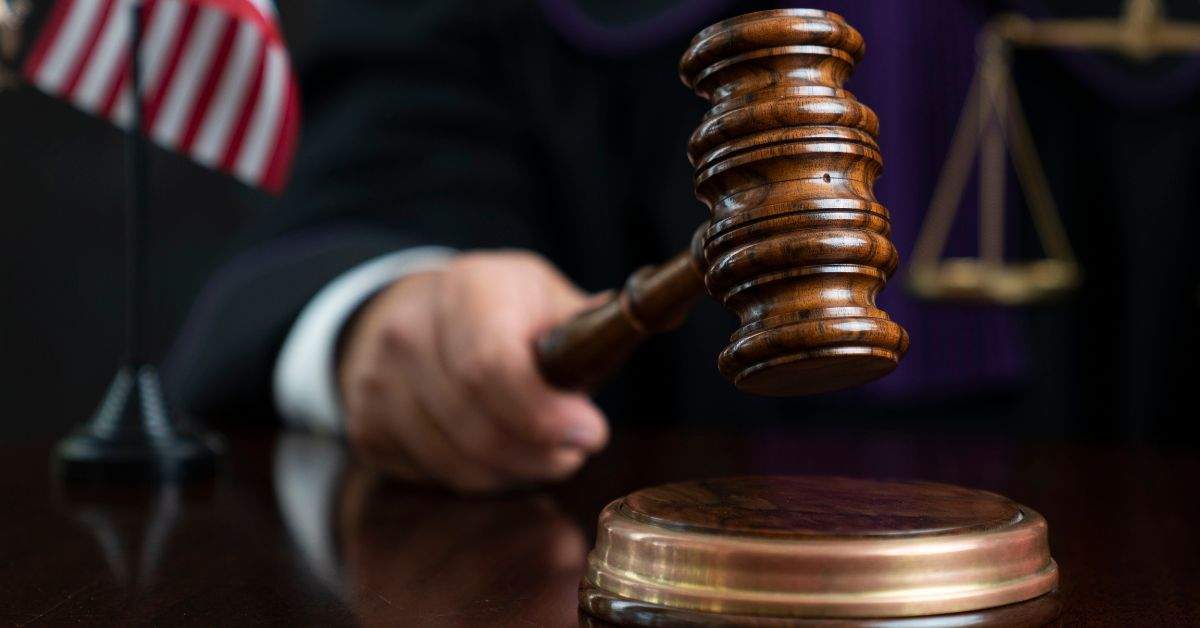Planning your estate and drafting a will are critical steps to ensure that your assets are distributed according to your wishes.
However, navigating the complexities of estate planning can be overwhelming without professional guidance. A qualified wills and estates lawyer can provide the expertise you need to create a solid plan for your future.
But with so many lawyers to choose from, how do you find the right one for your specific needs? Here’s a comprehensive guide to help you make an informed decision.
1. Understand Your Needs
Before you begin your search, it’s essential to identify what you need help with. Are you looking to draft a basic will, set up a trust, plan for tax efficiency, or handle a more complex estate situation?
Understanding the scope of your requirements will help you narrow down lawyers who specialize in the specific areas you need assistance with.
For instance, if you own a business or have international assets, you may require a lawyer with experience in these specialized areas.
2. Look for Relevant Experience
Experience is a key factor when choosing a wills and estates lawyer.
Look for someone who has extensive knowledge and a proven track record in estate planning, wills, probate, and trust law. Ask about their experience with cases similar to yours.
A lawyer who has worked with clients in situations like yours will be better equipped to anticipate challenges and provide effective solutions.
3. Check Their Credentials
Verify the lawyer’s qualifications and credentials.
They should be licensed to practice law in your jurisdiction and ideally be a member of relevant professional organizations, such as the Society of Trust and Estate Practitioners (STEP) or a local bar association’s estate planning section.
These memberships often indicate a commitment to ongoing education and adherence to high ethical standards.
4. Ask for Recommendations
Word-of-mouth referrals can be invaluable. Ask friends, family, or colleagues if they have worked with a wills and estates lawyer they would recommend.
If you have a financial advisor or accountant, they may also have trusted legal professionals they work with regularly.
Personal recommendations can give you insights into the lawyer’s professionalism, communication skills, and overall effectiveness.
5. Research Online Reviews and Testimonials
In addition to personal recommendations, check online reviews and testimonials. Websites like Google, Yelp, or specialized legal directories often provide feedback from previous clients.
While no lawyer will have a perfect record of reviews, look for patterns in client feedback to gauge their strengths and weaknesses.
6. Evaluate Communication Skills
Estate planning involves discussing sensitive and personal topics, so choosing a lawyer you feel comfortable with is crucial.
During your initial consultation, pay attention to how well they listen and answer your concerns.
A good lawyer should be patient, approachable, and able to explain complex legal concepts in simple terms. Clear communication is essential for building trust and ensuring your plan aligns with your goals.
7. Discuss Fees and Costs
Understanding the lawyer’s fee structure upfront is essential to avoid surprises later. Some lawyers charge a flat fee for estate planning services, while others bill hourly.
Ask for a detailed breakdown of their fees and what services are included. While cost is an important factor, it should not be the sole deciding factor.
The cheapest lawyer may not provide the comprehensive service you need, while the most expensive one may not necessarily be the best fit for your situation.
8. Assess Their Availability
Estate planning is not a one-time task—your needs may evolve over time, and you might require ongoing assistance.
Choose a lawyer who is readily available and responsive. Ask about their typical response times and whether they have a support team to handle urgent matters in their absence.
A lawyer who prioritizes their clients will ensure your concerns are addressed promptly.
9. Consider Compatibility
Your wills and estates lawyer should be someone you feel comfortable sharing personal and financial details with.
Trust your instincts during the consultation process. If you feel uneasy or pressured, it may be a sign to look elsewhere. A good lawyer will respect your decisions and work collaboratively with you to create a plan that reflects your wishes.
10. Request References
Don’t hesitate to ask potential lawyers for references from past clients. Speaking with other clients can provide valuable insights into their experiences and the quality of service offered.
A reputable lawyer will be happy to provide references and share success stories from their practice.
11. Verify Their Knowledge of Local Laws
Estate laws vary by jurisdiction, so it’s crucial to work with a lawyer who is well-versed in the laws of your area.
They should understand the specific legal requirements for drafting wills, setting up trusts, and navigating probate in your region. Local expertise ensures your estate plan is legally compliant and minimizes potential complications.
12. Consider a Long-Term Relationship
Estate planning is an ongoing process. As your life circumstances change, such as marriage, divorce, or the birth of a child, you may need to update your will and other documents.
Choosing a lawyer you can build a long-term relationship with will save you time and effort in the future.
Conclusion
Selecting the right wills and estates lawyer is a crucial step in securing your family’s future and ensuring your wishes are honored.
By understanding your needs, researching potential lawyers, and evaluating their experience and communication skills, you can find a professional who aligns with your goals.
Take your time, ask questions, and trust your instincts to make the best decision. With the right lawyer by your side, you can navigate the complexities of estate planning with confidence and peace of mind.
For more posts, Click Here



